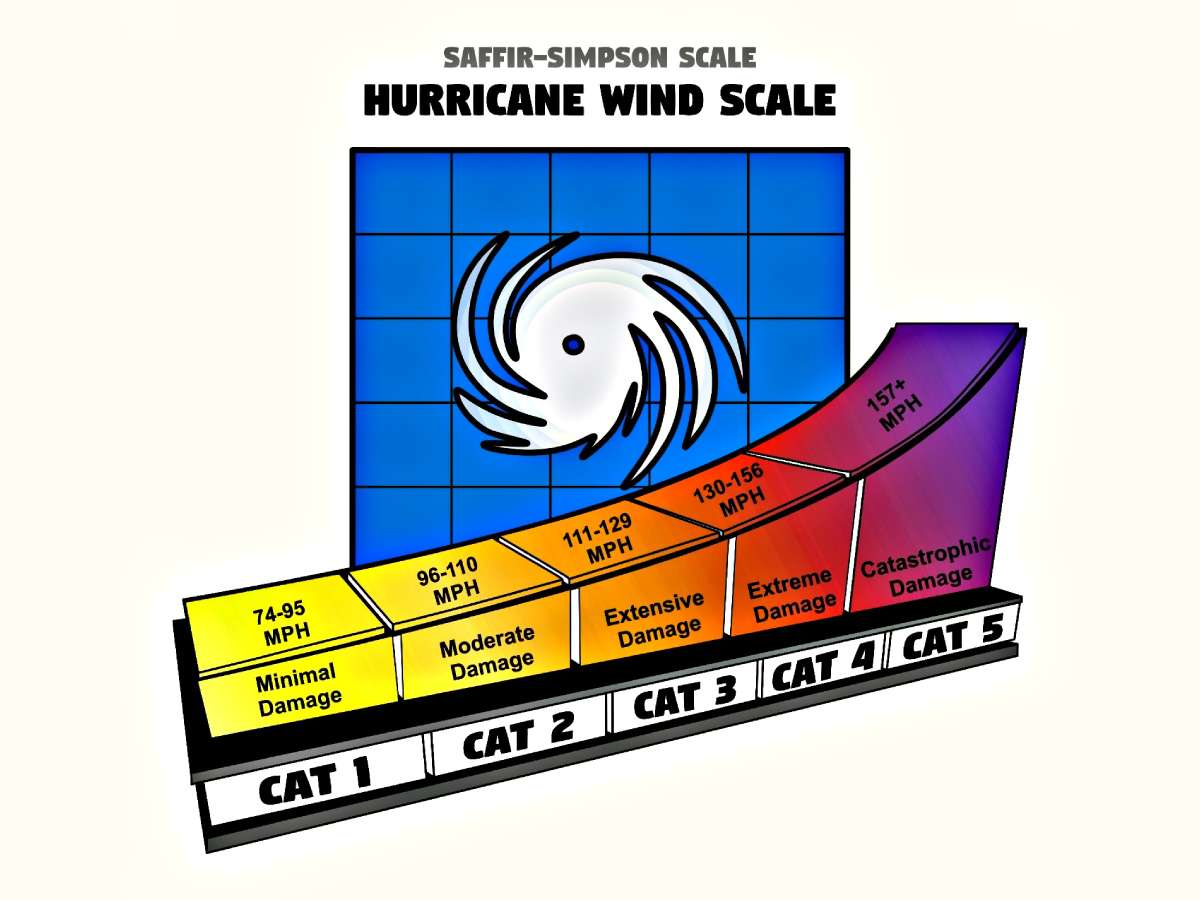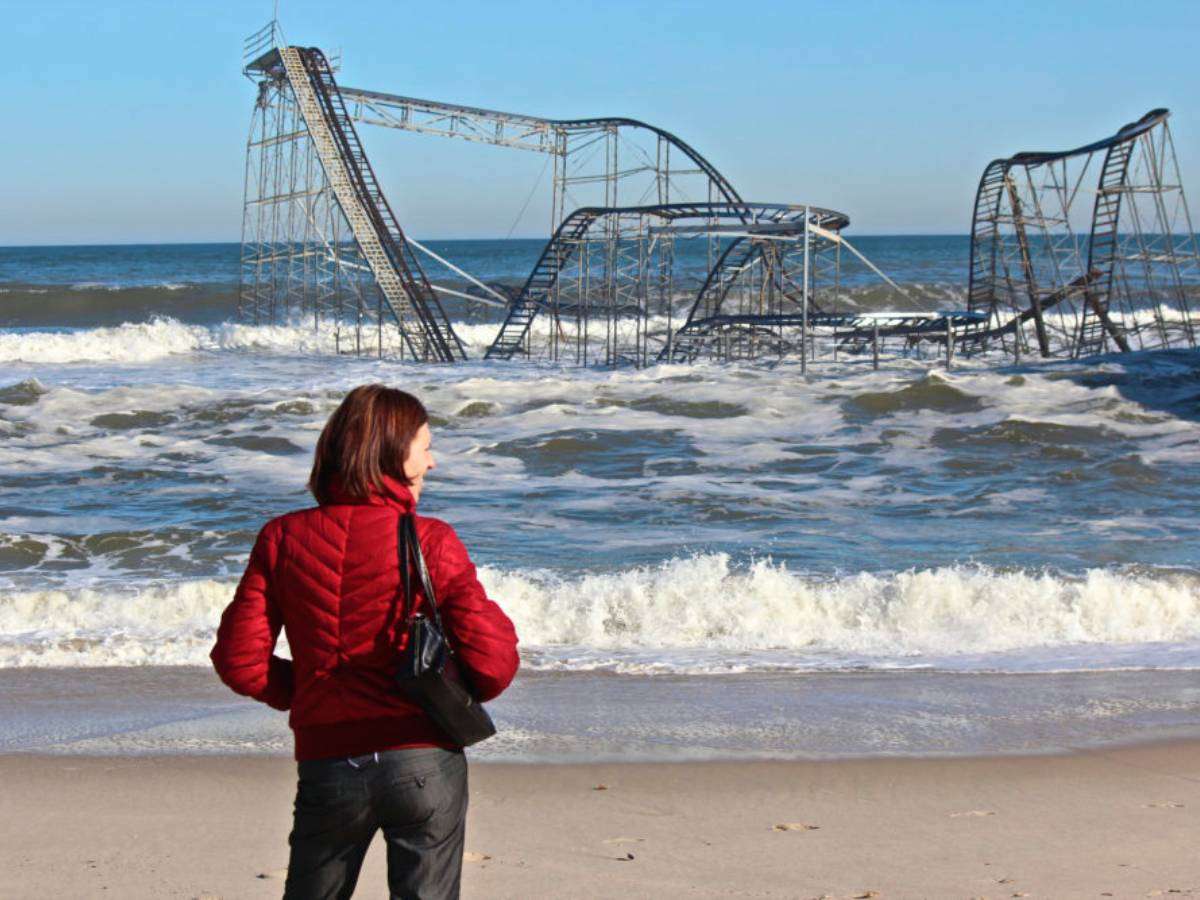
A lot of people want to know what the pool weather forecast is shaping up like.
Well, if we’re talking about meteorological conditions, we can tell you the summer weather will be hot with a chance of autumn toward the end of the outlook. So, wear your sunblock!
If, however, you want to know what the pool weather looks like – that is, the conditions of the pool water – things may not be quite so sunny.
While the pool water may look nice and clear, it’s what you can’t see that should be freaking you out.
Harmful little microbes are floating around in many swimming pools, though you may not even know they are there until you wind up getting sick.
And there is perhaps no worse way to spend a beautiful, warm summer day than reeling on the couch or hunched over in the bathroom.
Pool Weather Forecast: You May Be Swimming In Bacteria
Recreation water illnesses (RWIs) are caused by bacteria and germs found in pool water.
In the last 20 years, disease outbreaks due to swimming pool water have increased. It’s no surprise, especially given the fact that the Centers for Disease Control (CDC) reported this summer that nearly 60% of the swimming pool water they checked tested positive for fecal contamination.
Put another way, if you swim in two different pools this summer, statistics say at least one of those pools will have poop in it.
About 60% of the pools sampled by the CDC were found to have pseudomonas aeruginosa, a bacteria that can cause ear infections and skin rashes. Less than 2% of the pools surveyed contained cryptosporidium and giardia, which are parasites that are found in fecal matter.
Symptoms of cryptosporidium include diarrhea, stomach pain, fever, vomiting, weight loss, dehydration, and nausea. Giardia can also cause diarrhea and stomach pain, as well as gas.
E. coli is perhaps the most widely known of the pool illness bacteria that people fear.
Stomach cramps, nausea, and vomiting are all E. coli symptoms, but one of the most obvious is severe, bloody diarrhea. As is the case for any of the RWIs mentioned here, if you think you may have E. coli, you should seek medical attention right away.
How To Prevent Swimming Pool Illnesses
So, what can you do to ensure that your time in the pool won’t put you in the emergency room?
Here are some tips for avoiding pool illness:
- Don’t swim when you have diarrhea.
- Shower well with soap before you swim.
- Take bathroom breaks at least every 60 minutes.
- Wash your hands after using the bathroom or changing diapers.
- Check to see if the pool has the proper chlorine level:
- Pools should have 1 to 3 parts per million (ppm) of chlorine and a pH of 7.2 to 7.8.
- Spas and hot tubs need 2 to 4 ppm of chlorine and pH of 7.2 to 7.8.
- Avoid swallowing water that you swim in.
- If you are the parent of a young child, take them for a bathroom break every 60 minutes and check diapers every 30 minutes.
If you are swimming in your own pool, be sure to check for its chlorine level and pH balance often. You can buy a pool test kit at your local grocery store or home improvement store.
If you plan to swim in a public pool, be sure you bring along portable pool test kits to check its water quality. The Water Quality and Health Council offers free pool test kits and allows you to submit your findings to a national pool water quality database.




